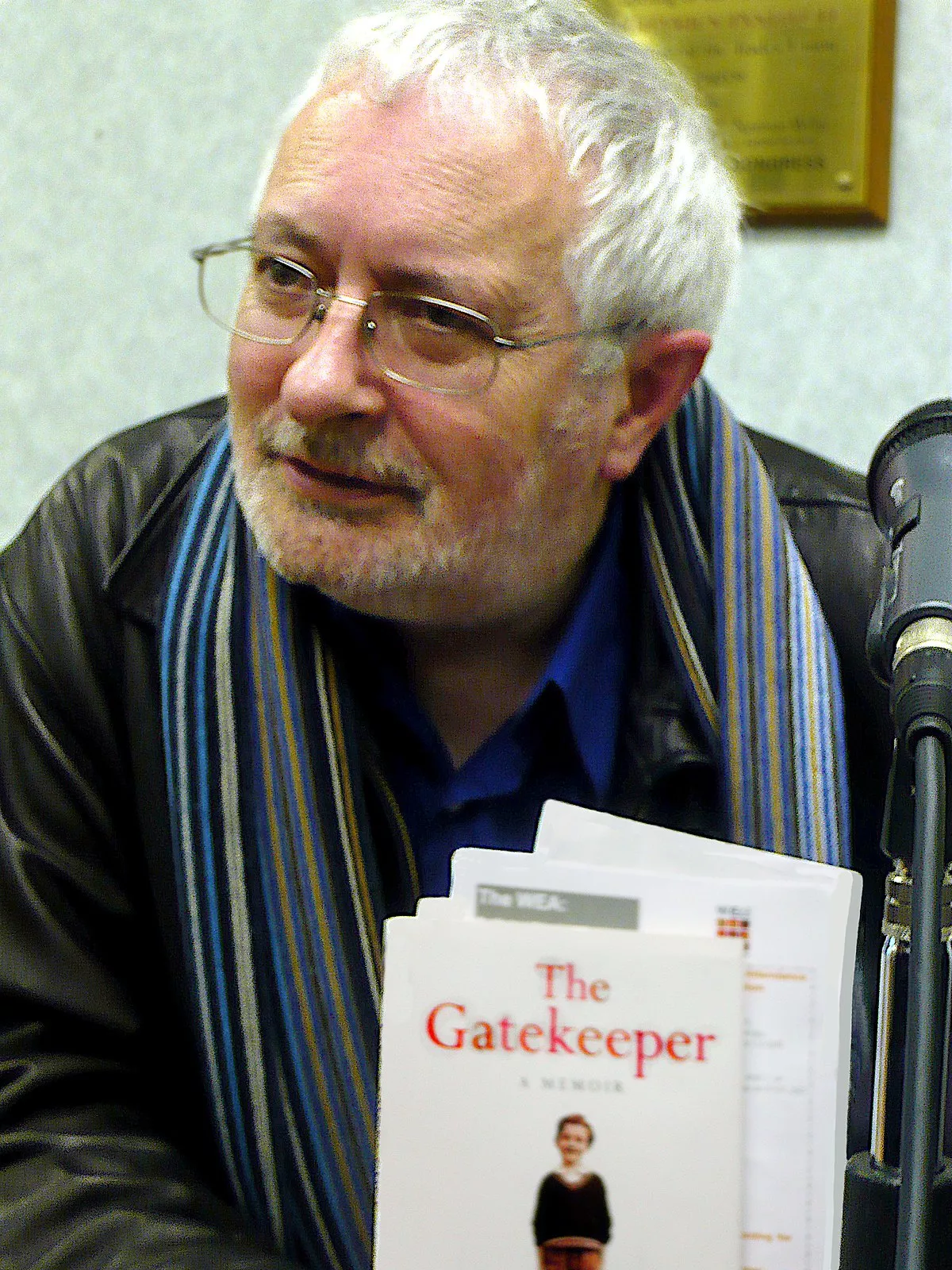 1.
1. Terence Francis Eagleton was born on 22 February 1943 and is an English literary theorist, critic, and public intellectual.

 1.
1. Terence Francis Eagleton was born on 22 February 1943 and is an English literary theorist, critic, and public intellectual.
Terry Eagleton is currently Distinguished Professor of English Literature at Lancaster University.
Terry Eagleton has published over forty books, but remains best known for Literary Theory: An Introduction, which has sold over 750,000 copies.
Terry Eagleton has been a prominent critic of postmodernism, publishing works such as The Illusions of Postmodernism and After Theory.
Terry Eagleton argues that, influenced by postmodernism, cultural theory has wrongly devalued objectivity and ethics.
Formerly the Thomas Warton Professor of English Literature at the University of Oxford and John Edward Taylor Professor of Cultural Theory at the University of Manchester, Terry Eagleton has held visiting appointments at universities around the world including Cornell, Duke, Iowa, Melbourne, Trinity College Dublin, and Yale.
Terry Eagleton gave the 2010 Richard Price Memorial Lecture at Newington Green Unitarian Church, speaking on "The New Atheism and the War on Terror".
In July 2024, Terry Eagleton was awarded an Honorary Doctorate by Lancaster University.
Terry Eagleton grew up in a working-class Catholic family of Irish descent in Salford, with roots in County Galway.
Terry Eagleton served as an altar boy at a local Carmelite convent where he was responsible for escorting novice nuns taking their vows, a role referred to in the title of his memoir The Gatekeeper.
Terry Eagleton later described his undergraduate experience as a "waste of time".
Terry Eagleton's thesis was on Edward Carpenter and was examined by EP Thompson.
At Wadham, Terry Eagleton ran a well-known seminar on Marxist literary theory which, in the 1980s, metamorphosed into the radical pressure group Oxford English Limited and its journal News from Nowhere: Journal of the Oxford English Faculty Opposition, to which he contributed several pieces.
In 2001, Terry Eagleton left Oxford to become the John Edward Taylor Professor of English at the University of Manchester.
Terry Eagleton began his literary studies with the 19th and 20th centuries, then conformed to the stringent academic Marxism of the 1970s.
Terry Eagleton then published an attack on his mentor Williams's relation to the Marxist tradition in the pages of the New Left Review, in the mode of the French critic Louis Althusser.
Terry Eagleton was active in the International Socialists and then the Workers' Socialist League whilst in Oxford.
Terry Eagleton has been a regular contributor to the London Review of Books.
Terry Eagleton has become a vocal critic of what has been called the New Atheism.
Terry Eagleton sees football as a new opium of the people distracting ordinary people from more serious, important social concerns.
Terry Eagleton is pessimistic as to whether this distraction can be ended:.
Terry Eagleton joined the Stockport Young Socialists at 16, influenced by his schoolfriend Bernard Regan.
Terry Eagleton was involved in the Cambridge Left Forum, which aimed to bring socialist in the university and local trade unionists together.
Terry Eagleton is quite right to assert that we can never go back to a state of pre-Theory innocence about the transparency of language or the ideological neutrality of interpretation.
Theory has, in short, become boringly predictable to many people who were once enthusiastic about it, and that After Theory is most interesting when its focus is furthest from its nominal subject is perhaps evidence that Terry Eagleton is bored by it too.